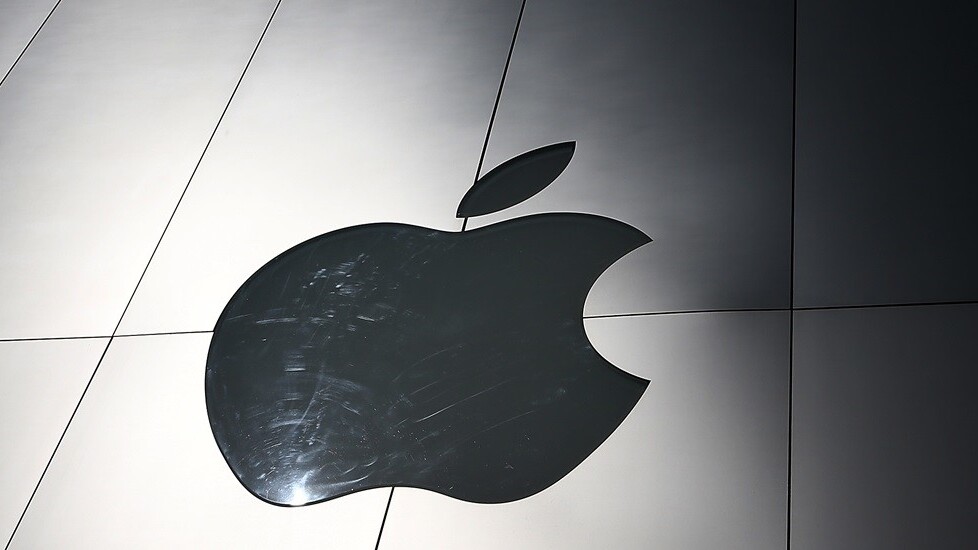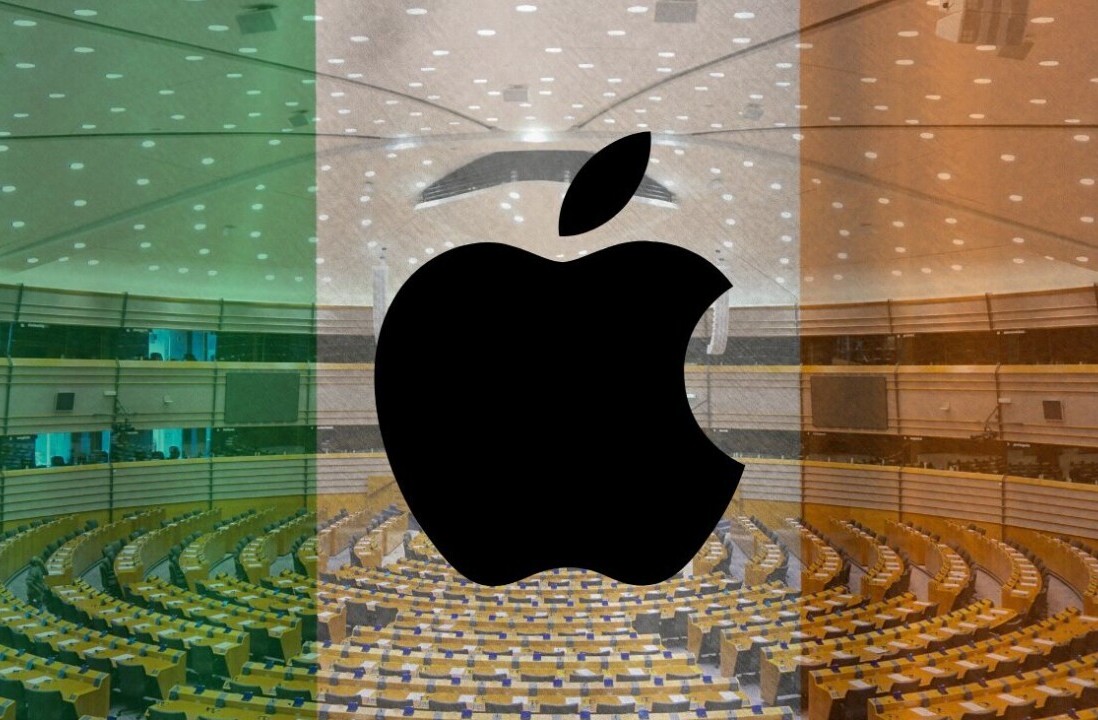
New York-based watchdog China Labor Watch (CLW) has accused Apple supplier Pegatron of “serious” labor violations in three factories, including the employment of underage workers, insufficient wages and poor working conditions.
CLW has published a report detailing 86 separate labor rights violations, including 36 legal violations and 50 ethical violations. The watchdog says: “In short, the Pegatron factories are violating a great number of international and Chinese laws and standards as well as the standards of Apple’s own social responsibility code of conduct.”
UPDATE: Apple said in a statement that it will investigate some of the claims from the report. The response from the company is available in full at the bottom of this post.
Interestingly, Apple says it has been working with CLW in advance of the report, and the latest report contains claims that are new to the company, though it vowed to investigate them immediately.
The watchdog had sent undercover investigators into three Pegatron factories from March to July 2013 and held nearly 200 interviews with workers outside these factories.
The violations allegedly fall into 15 categories — dispatch labor abuse, hiring discrimination, women’s rights violations, underage labor, contract violations, insufficient worker training, excessive working hours, insufficient wages, poor working conditions, poor living conditions, difficulty in taking leave, labor health and safety concerns, ineffective grievance channels, abuse by management, and environmental pollution.
CLW found in the three Pegatron factories that average weekly working hours ranged from 66 – 69 hours. It says that workers at a Pegatron factory in Shanghai were forced to sign forms that stated their overtime hours were less than the actual time put in.
It also claims the factories failed to provide adequate safety training to workers. At two of the factories, waste water was reportedly disposed of directly into the sewage system, polluting the local water source.
With the poor conditions, CLW alleges that workers refuse to stay employed at Pegatron for long, saying that in a period of two weeks, 30 of 110 new recruits at AVY — a Pegatron subsidiary in Suzhou producing iPad parts — left.
In May this year, the Taipei-headquartered Pegatron told Reuters of its plans to increase its workforce by 40 percent in the second half of 2013. The company had a staff of 100,000 then, but senior executives revealed that a further 40,000 were set to join in the latter half of the year.
This is not the first time that Pegatron has been in trouble for its practices. In 2011, three of Pegatron’s subsidiaries were found to be spewing harmful gases in the air, and the Chinese government also fined the company for producing too much polluted water at two of its subsidiaries.
CLW’s allegations will definitely place more pressure on Apple, which in March this year claimed that it had hit a new high of 99 percent compliance with China’s maximum 60-hour work week throughout its supply chain. Even this claim was quashed by CLW — which states that 60 hours is a direct violation of China’s 49-hour statutory limit.
Apple has come under immense pressure over the past few years to take more responsibility for its supply chain and the workers therein. A series of safety issues at another major Apple supplier Foxconn — including suicides, safety, working hours and conditions — as well as the case of it taking on interns as young as 14 years old, which is below China’s legal working age of 16 years, have thrust Apple into the limelight for the wrong reasons.
Since an initial wave of criticism in 2011, Apple has kicked up a lot of dust in producing reports and currently maintains a greater level of transparency than most other companies, including those that use Apple suppliers like Foxconn. Last year, Apple also asked the Fair Labor Association (FLA) to “conduct special voluntary audits of Apple’s final assembly suppliers, including Foxconn factories in Shenzhen and Chengdu, China.”
This latest accusation over Pegatron will likely see Apple scrambling to ease concerns by rights organizations once more.
We’ve reached out to Apple for comment.
Update: Apple provided TNW with a statement which emphasizes that it has conducted 15 audits with Pegatron since 2007. The company says it worked with CLW in advance of the watchdog’s latest published report, yet it will investigate some of the claims which “are new to us.”
Here is Apple’s response in full — we’ve bolded key parts for emphasis:
Apple is committed to providing safe and fair working conditions throughout our supply chain. We lead the industry with far-reaching and specialized audits, the most transparent reporting and educational programs that enrich the lives of workers who make our products. Apple is the first and only technology company to be admitted to the Fair Labor Association, and we are dedicated to protecting every worker in our supply chain.
As a part of our extensive Supplier Responsibility program, Apple has conducted 15 comprehensive audits at Pegatron facilities since 2007, covering more than 130,000 workers making Apple products including annual audits of Pegatron’s final assembly locations and surprise audits at both RiTeng and AVY within the past 18 months.
Additionally, we have closely tracked working hours at all of these facilities. Our most recent survey in June found that Pegatron employees making Apple products worked 46 hours per week on average. Excessive overtime is not in anyone’s best interest, and we work closely with our suppliers to prevent it. Apple surveys working hours for more than 1 million employees across our supply chain each month and we report the findings on our website.
We have been in close contact with China Labor Watch for several months, investigating issues they’ve raised and sharing our findings. When they first told us that workers’ ID cards were being withheld, an auditor from our Supplier Responsibility program was on site the next day to investigate. We confirmed that labor brokers for Pegatron were holding a small number of IDs as they helped set up bank accounts for those employees. We demanded Pegatron put a stop to this practice and a new system was in place within a week.
Their latest report contains claims that are new to us and we will investigate them immediately. Our audit teams will return to Pegatron, RiTeng and AVY for special inspections this week. If our audits find that workers have been underpaid or denied compensation for any time they’ve worked, we will require that Pegatron reimburse them in full.
Our audits involve a thorough review of timecards and other documents to guard against falsification. We will investigate these new claims thoroughly, ensure that corrective actions are taken where needed and report any violations of our code of conduct. We will not tolerate deviations from our code.
Apple believes in transparency and accountability, both for our suppliers and ourselves. We realize being a leader in workers rights and being transparent with our findings opens us to criticism, but we believe strongly that we can make a big difference in the lives of millions of people by doing so and this provides us the courage and resilience to continue the journey. We are proud of the work we do with our suppliers to uncover problems and improve conditions for workers. By vigorously enforcing our supplier code of conduct, we ensure that our suppliers follow the same principles and values we hold true.
Image Credit: Justin Sullivan via Getty Images
Get the TNW newsletter
Get the most important tech news in your inbox each week.




